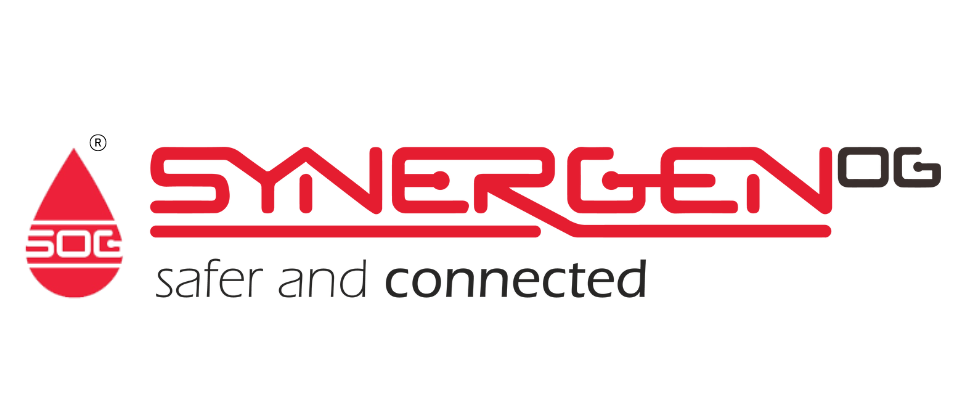There’s good news for Pertamina of Indonesia which has started making concrete progress on its Jambaran Tiung Biru (JTB) onshore giant gas development project in Java. This already delayed $1.5 billion project is targeted to be completed in 2021.
Launched in 2012, the construction of the project began in 2016. However, until today, only 36% is complete. JTB will have a capacity of producing around 315 million cubic feet per day of gas and will be able to handle a maximum 350 MMcfd. But only 192 MMcfd of sales gas with some 107 MMcfd of carbon dioxide being vented.
100 MMcfd of JTB’s gas will be bought by Indonesia’s state-owned electricity company Perusahaan Listrik Negara (PLN) from Pertamina for power generation and the 92 MMcfd will be bought by local industries.
Gas sales contract with the main customer had to be renegotiated, causing major delayed to the project.Â
As per the original plan, the gas price was fixed at $8 per million British thermal units and escalation. However, after PLN’s price review, it was reduced to $6.7 million with no escalation. This affected the economic factors of the project at large. The project has also seen several logistical constraints.Â
The gas facility is being built by the Japanese contractor JGC and Indonesian partner Rekayasa Industri. They are building two well pads in Central and East, which will host two and four wells respectively.Â
JTB has a carbon dioxide content of around 32% which will be removed at Jambaran to ensure the gas quality meets the sales specifications.Â
On the production side, the planned production at JTB will be 192 MMcfd for 16 years. The existing contract will expire in September 2035. However, Pertamina expressed desire to secure an extension beyond that date. Apart from this, JTB will also produce condensate – about 2800 barrels per day which is planned to be transported to facilities near the Banyu Urip field through pipelines.Â
Since environmentalists have shown major concerns over the carbon emission of this project, Pertamina has plans to plant more than 50,000 trees for capturing the CO2. The operator also has plans for a pilot project to inject JTB’s CO2 in another field in the future.Â
JTB is a major project in Indonesia and hence is keenly followed by the Indonesian government. The government is trying to ease out its processes to facilitate the completion of this project.Â
A Pertamina EP Cepu colleague, Teguh Prayitno, depicted the project as environmentally challenging. Due to the location of the project, which is within the boundaries of Indonesian forest, for each hectare of tree land clear, it must be replaced with two more within three years. While special permits has been obtained from the Indonesian authority, the operator will still plant over fifty thousand trees to capture vented gas produced.Â
Pilot projects to inject JTB’s carbon production into other fields is already in planning, Teguh confirmed.

